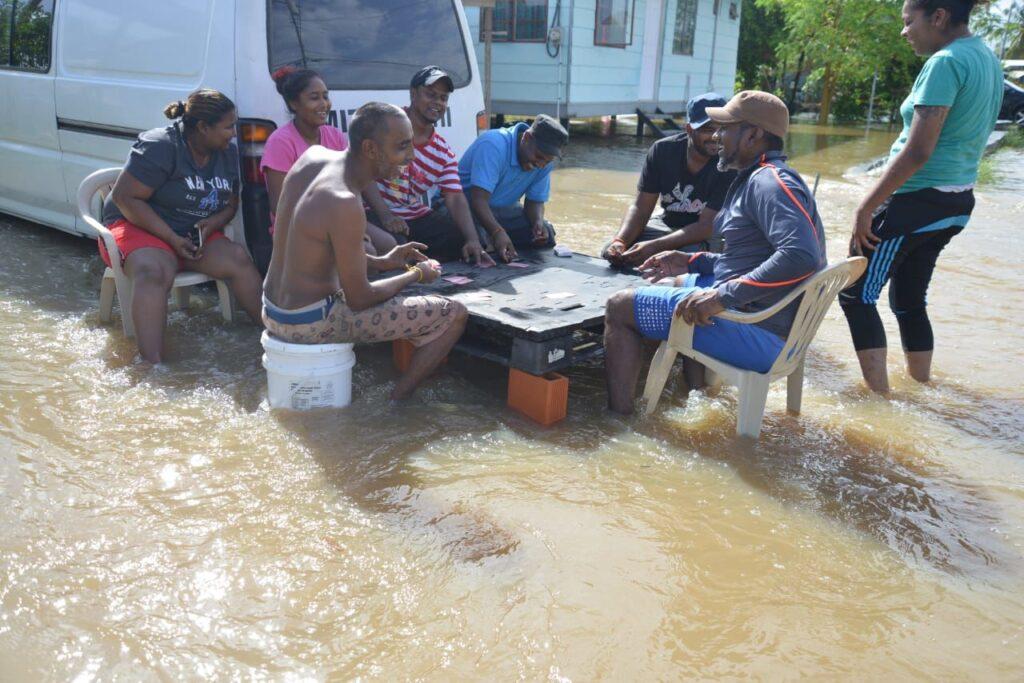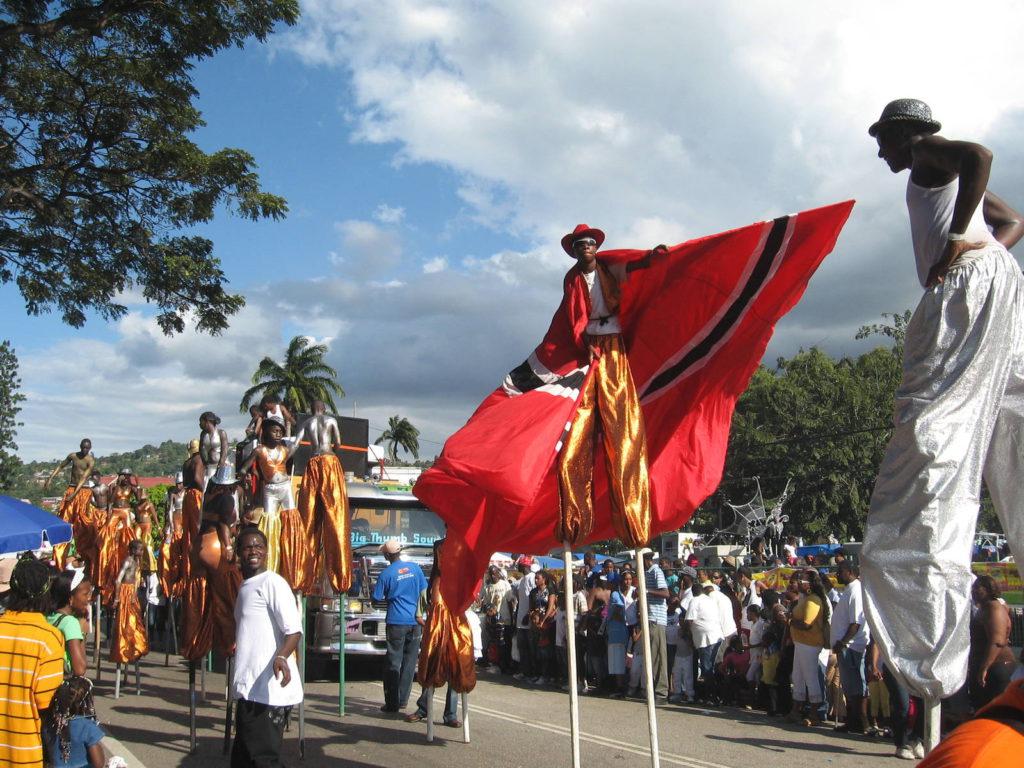Youth Voices Rising: Engaging the Next Generation in Community Development

Trinidad and Tobago’s youth are increasingly taking an active role in shaping the communities they live in. Far from being passive observers, young people are driving innovation, creativity, and social change. Platforms like the Homeowners Association of Trinidad and Tobago (HOATT) provide secure, structured spaces for youth to organize, collaborate, and amplify their efforts, ensuring that their contributions have tangible impact.
Lessons from the UNDP ‘We Ting’ Caravan
The UNDP ‘We Ting’ Caravan served as a hands-on platform for youth engagement, connecting young leaders across Trinidad and Tobago. Participants were empowered to identify local issues, propose solutions, and implement projects that addressed social, cultural, and technological needs.
Innovation in Local Problem-Solving
Youth participants displayed remarkable creativity in addressing challenges such as environmental sustainability, community safety, and cultural preservation. For example, some groups developed interactive environmental campaigns using social media and mobile apps to raise awareness about proper waste management and clean-up initiatives.
Collaboration Across Communities
The Caravan emphasized teamwork by connecting schools, local NGOs, and community leaders. By fostering collaboration, participants learned the value of combining resources, sharing knowledge, and working collectively toward common goals.
Amplifying Youth Voices
A key feature of the program was providing young people a platform to engage with decision-makers. By presenting their ideas directly to municipal authorities and NGOs, participants gained confidence, built leadership skills, and learned how to influence policy decisions at a local level.
Using HOATT to Empower Young Innovators
HOATT’s platform complements programs like the ‘We Ting’ Caravan by providing secure digital spaces that support the full lifecycle of community projects. Young people can leverage these tools to:
Organize Cultural Initiatives
Youth can coordinate art exhibitions, music performances, drama productions, and festivals that celebrate Trinidad and Tobago’s diverse heritage. This fosters community pride while creating opportunities for collaboration and mentorship.
Coordinate Sports Projects
HOATT enables sports enthusiasts to schedule tournaments, manage registrations, and track participation, promoting physical activity and fostering social cohesion among youth and other community members.
Develop Technological Solutions
From coding clubs to environmental monitoring apps, HOATT allows youth to design, plan, and implement technology-driven solutions for local problems. By documenting projects digitally, participants can track progress, share results, and gain visibility for their efforts.
Strategies to Maximize Youth Engagement
To ensure meaningful participation, communities and organizations can adopt several strategies:
- Promote HOATT as a Trusted Platform: Encourage youth to use the platform for project management, collaboration, and communication.
- Mentorship Programs: Pair young participants with experienced leaders who can provide guidance and advice.
- Recognition and Celebration: Publicly highlight successful projects to inspire others and reinforce the value of youth contributions.
- Incentivize Participation: Offer awards, certificates, or small grants to encourage ongoing involvement and innovation.
- Link to Educational Opportunities: Connect projects to school programs or vocational training to build skills and enhance career prospects.
Global and Local Perspectives
Youth participation in community development is a global trend. Programs such as the United Nations’ Youth 2030 initiative and international civic tech projects demonstrate how young people worldwide are using innovation to drive social change. Locally, events like Tobago Heritage Festival and Port of Spain’s youth councils provide platforms for engagement that complement digital tools like HOATT.
Case Study: Environmental Tech Projects
During the 2022 ‘We Ting’ Caravan, a team of secondary school students developed a mobile app to map local litter hotspots and schedule clean-up events. Using HOATT, they were able to coordinate volunteers, communicate with municipal authorities, and track progress over several months, resulting in measurable improvements in local environmental conditions.
Case Study: Cultural Preservation Projects
Another group focused on preserving local folklore and oral histories. They recorded interviews with elders, organized storytelling sessions, and created a digital archive shared via HOATT, ensuring cultural knowledge is accessible to future generations.
Why Youth Engagement Matters
Youth engagement is not just about preparing future leaders; it is about fostering active citizenship today. By participating in community projects, young people develop problem-solving skills, build networks, and gain confidence. Platforms like HOATT make it easier to connect across communities, coordinate initiatives, and create sustainable impact.
Empowered youth contribute to safer, more cohesive, and culturally vibrant communities. Their ideas and energy can shape policies, inspire their peers, and ensure that local development reflects the needs and aspirations of all residents.
Sustaining Momentum
To sustain youth involvement over time, it is essential to integrate digital platforms with real-world engagement:
- Encourage continuous feedback loops between youth and local authorities.
- Use HOATT’s secure group features to maintain communication beyond single projects.
- Document successes and challenges to inform future initiatives and promote knowledge sharing.
By combining digital tools, mentorship, recognition, and community collaboration, Trinidad and Tobago can ensure that the next generation is fully empowered to drive meaningful social change.







Responses